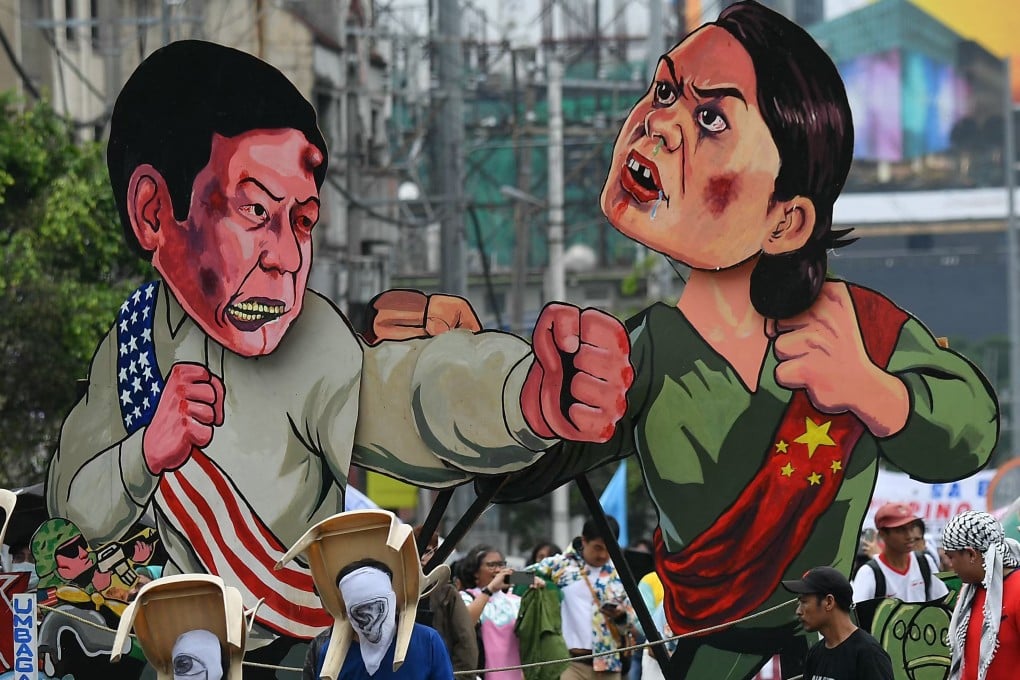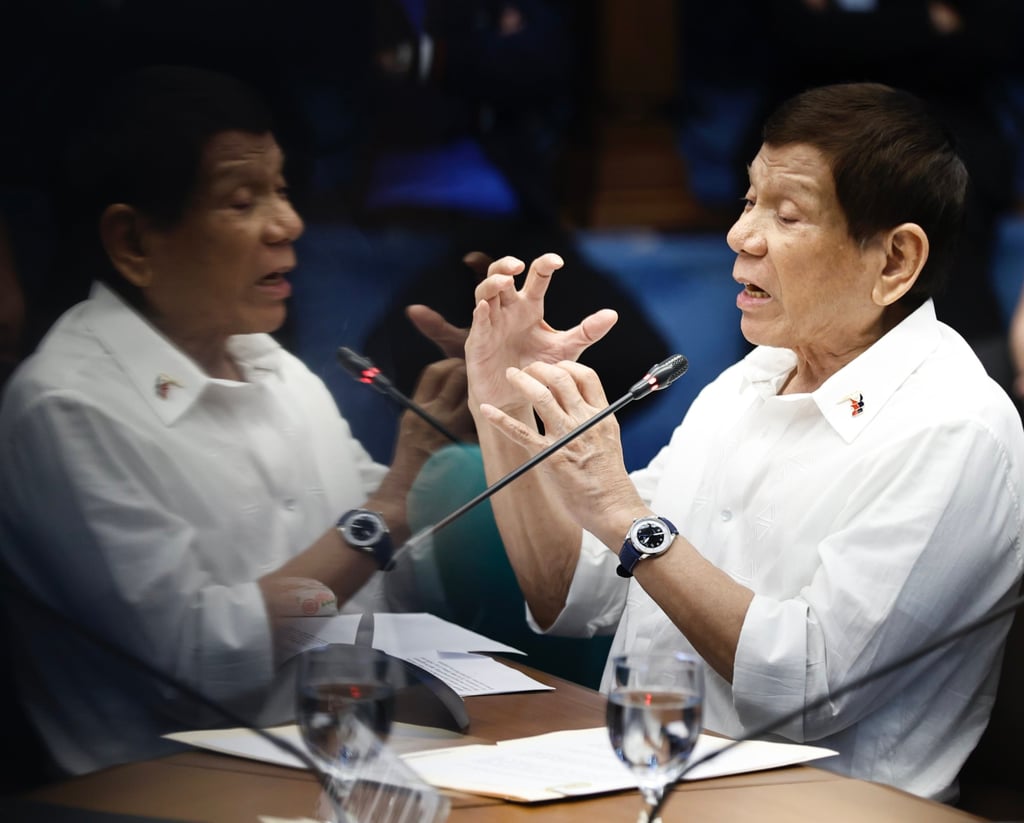In the Marcos vs Duterte ‘death match’ of 2025, which Philippine dynasty will survive?
With Marcos Jnr’s purge of Sara Duterte and her father from the National Security Council, their high-stakes feud enters a pivotal new phase

As Filipinos resumed their daily routines on January 3, a bombshell announcement shattered the post-holiday calm: Vice-President Sara Duterte-Carpio had been ousted from the National Security Council and now faced the prospect of yet another impeachment case – her fourth so far.
It was the latest salvo in an escalating feud between the Dutertes and the Marcoses, two dynastic powerhouses locked in a battle for control of the nation’s political future. Since 2022, what began as a political alliance has unravelled into a drama as sordid and gripping as any Philippine teledrama, replete with accusations, threats, and political manoeuvring.

The council, a consultative body on national security and foreign policy created in 1950, is now devoid of the president’s most prominent critics. Marcos justified the decision by claiming he wanted members who would “uphold and protect national security and sovereignty”.